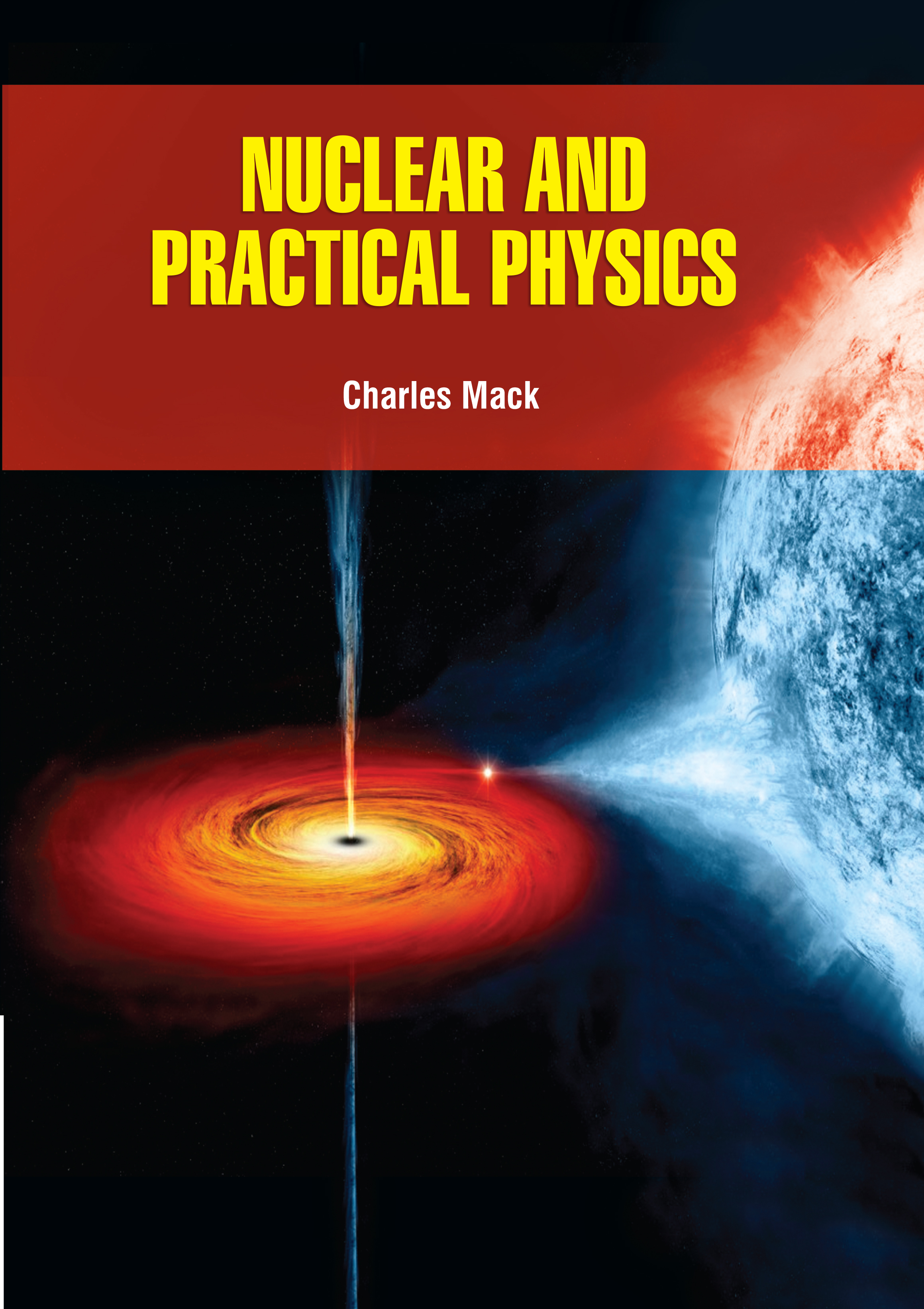
Nuclear and Practical Physics
by Charles Mack
| ISBN | 9789372422887 |
|---|---|
| Publisher | Digital Drive Learning |
| Copyright Year | 2026 |
| Price | $273.00 |

by Charles Mack
| ISBN | 9789372422887 |
|---|---|
| Publisher | Digital Drive Learning |
| Copyright Year | 2026 |
| Price | $273.00 |
Nuclear Physics is the study of the components, structure and behaviour of the nucleus of the atom. It is especially concerned with the nature of matter and with nuclear energy. Nuclear physicists investigate nuclear matter on all scales, from sub-atomic particles to supernovas. Research areas include the structure of the nucleus at different temperatures and pressures, the origin of elements and the structure and evolution of stars. Experimental nuclear physics is the practical investigation of the processes that occur at the heart of an atom. This includes building a better fundamental understanding of fusion and fission, and harnessing them for sustained energy generation. Nuclear physics is the field of physics that studies atomic nuclei and their constituents and interactions, in addition to the study of other forms of nuclear matter. Nuclear physics should not be confused with atomic physics, which studies the atom as a whole, including its electrons. Discoveries in nuclear physics have led to applications in many fields. This includes nuclear power, nuclear weapons, nuclear medicine and magnetic resonance imaging, industrial and agricultural isotopes, ion implantation in materials engineering, and radiocarbon dating in geology and archaeology. Such applications are studied in the field of nuclear engineering. Thermal physics, generally speaking, is the study of the statistical nature of physical systems from an energetic perspective. Starting with the basics of heat and temperature, thermal physics analyzes the first law of thermodynamics and the second law of thermodynamics from the statistical perspective, in terms of the number of microstates corresponding to a given macrostate. In addition, the concept of entropy is studied via quantum theory. Present book has been complete to cater to the requirements of the teachers, researchers and students.